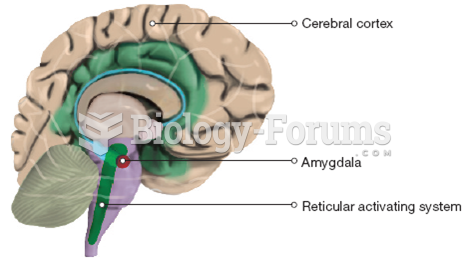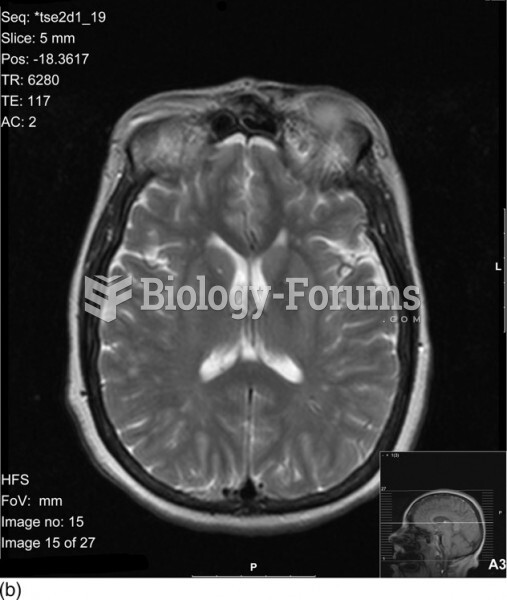A 64-year-old woman has been admitted to the neurological unit after being diagnosed with a brain tumor. The woman is slated for neurosurgery the following day, and the woman's daughter has come to the hospital from out of state.
After visiting her mother for the first time since she was diagnosed, the daughter is distraught and tells the nurse, My mother has always been one of the kindest, most considerate people, and I don't remember her ever being so abrasive. How should the nurse best respond to the daughter's statement?
A) Your mother has received a very stressful diagnosis, and she's likely still processing it.
B) Those personality changes are probably a result of the tumor's effect on her brain.
C) Your mother may have been experiencing a partial seizure when she was speaking to you.
D) It's most helpful if you can accept her the way she is now, even if it's more difficult than in the past.
Question 2
While reviewing the nursing documentation on a patient on the neurological unit, the nurse notes that the patient complained of a headache several times over the previous shift.
How can the nurse differentiate between a headache that is caused by a brain tumor and a headache that is caused by meningitis or encephalitis?
A) Assess the patient's carotid pulses bilaterally.
B) Assess the patient's orientation to person, place, and time.
C) Assess the active and passive range of motion of the patient's neck.
D) Assess for the presence of a fever.








